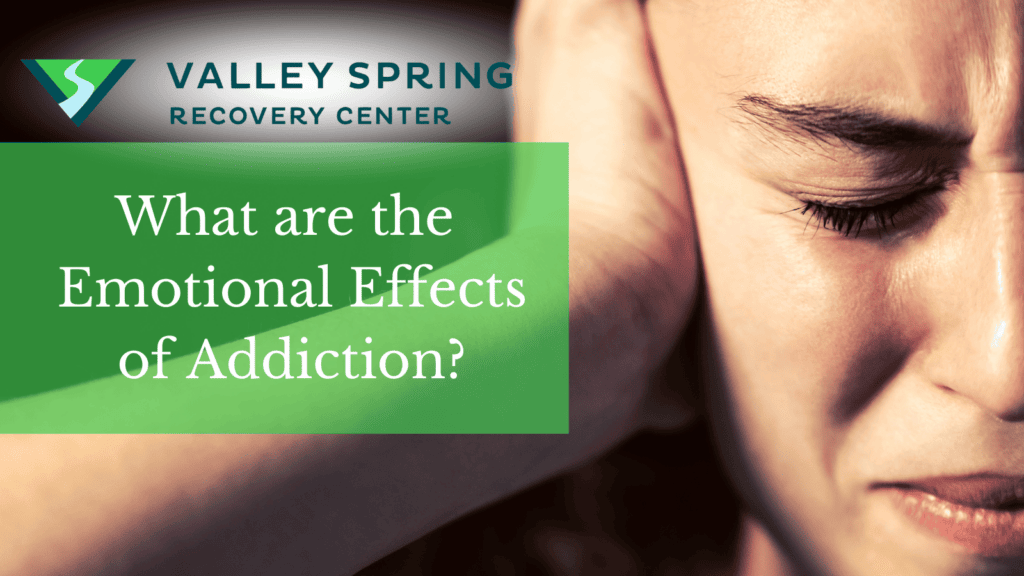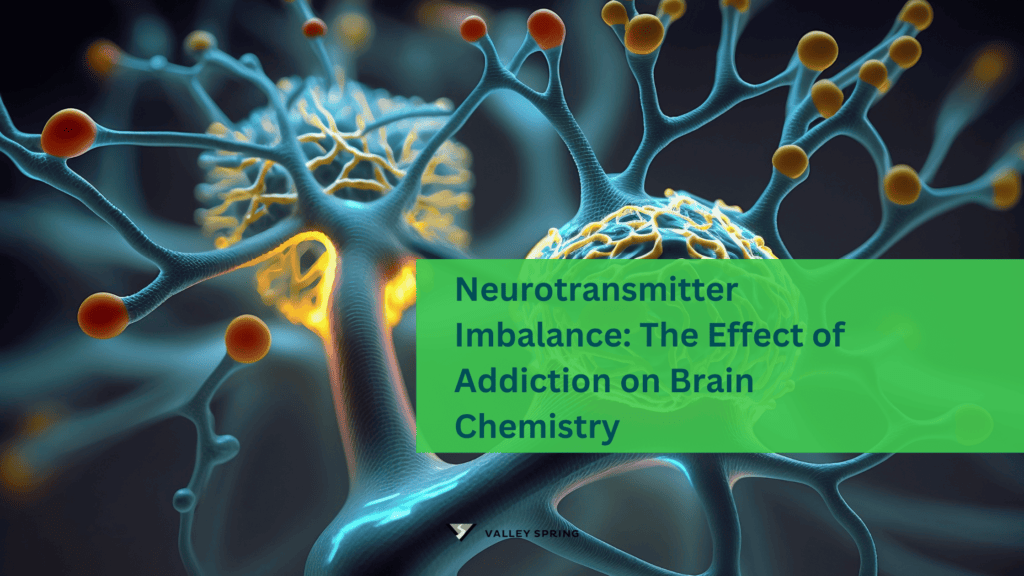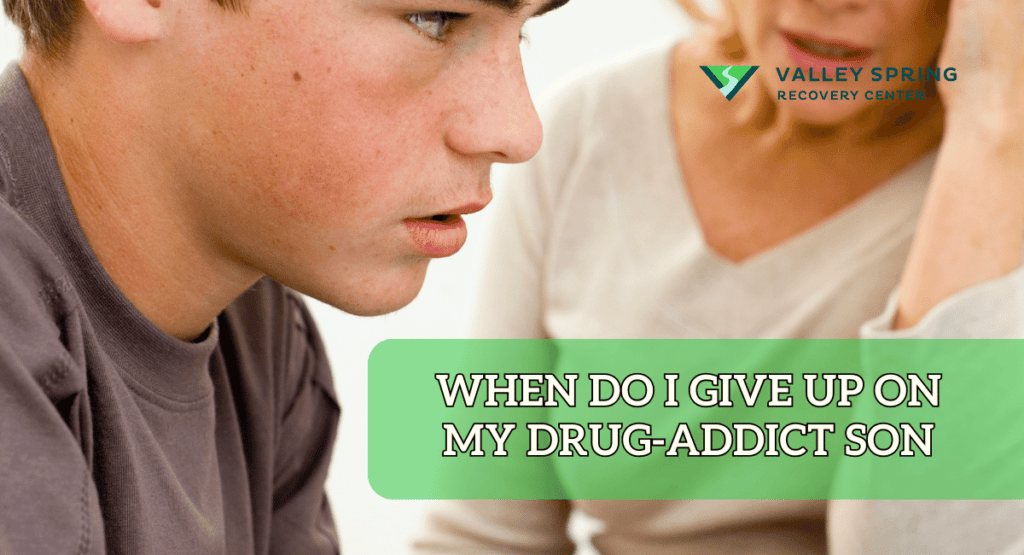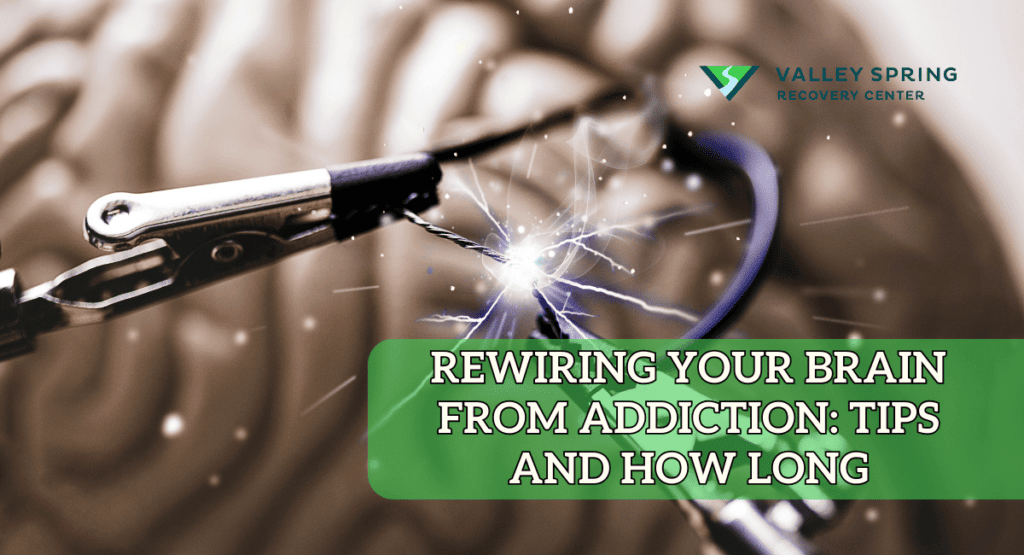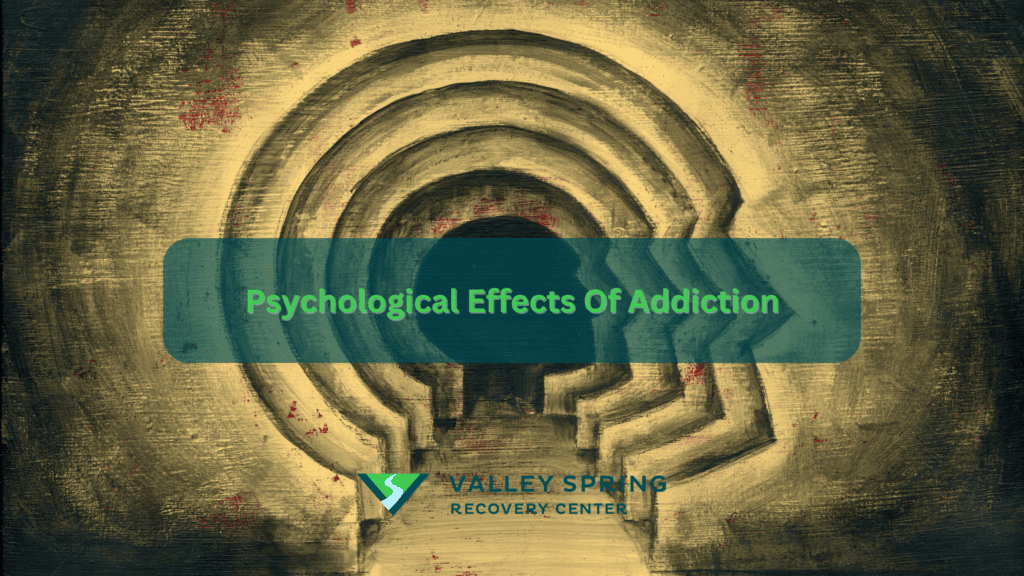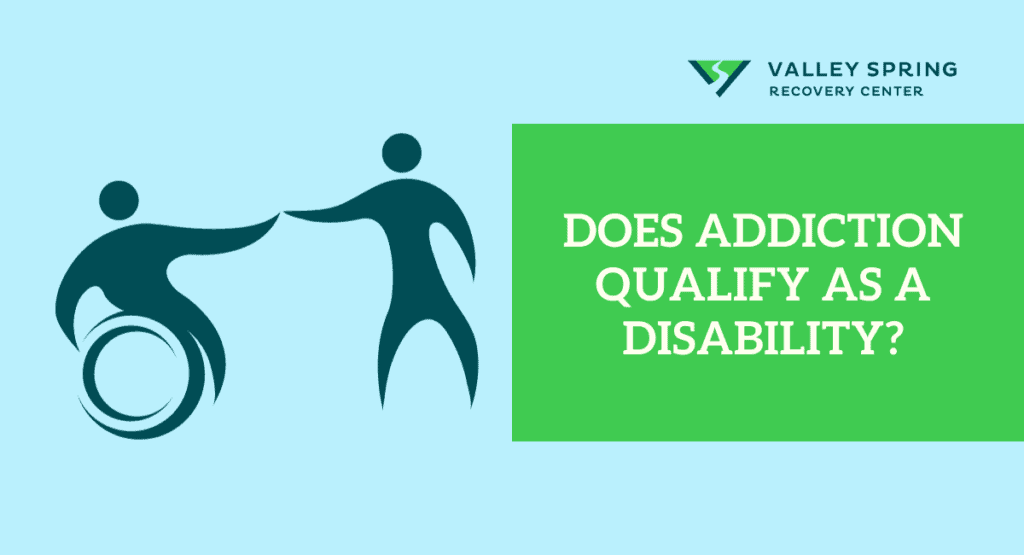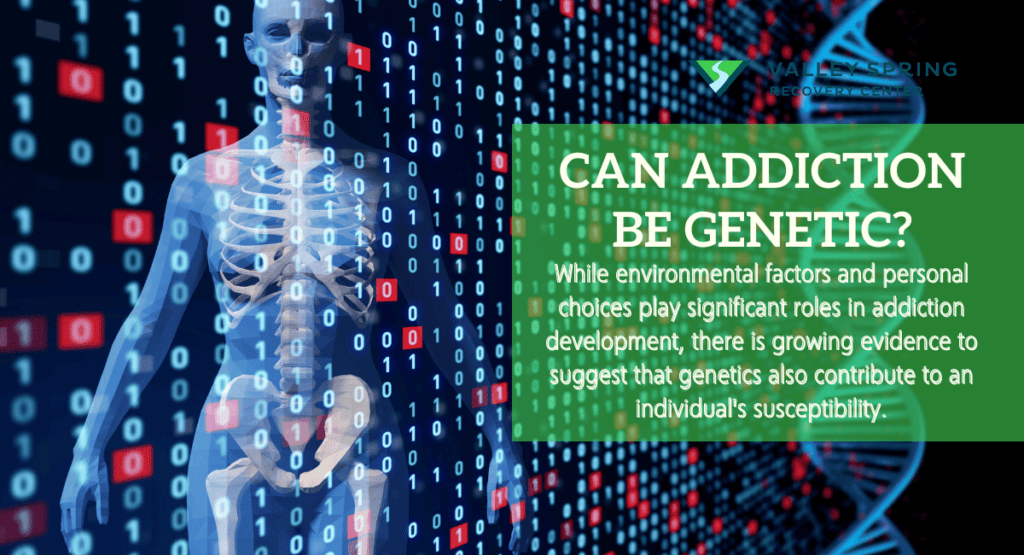Addiction, a complex issue, remains one of the most challenging public health concerns of our time. It’s more than just a physical dependency, deeply entwined with the emotional and psychological well-being of individuals. At its core, addiction is characterized by a compulsive engagement in rewarding stimuli, despite adverse consequences, often leading to tumultuous emotional repercussions.
The intersection between addiction and mental health underscores the importance of understanding the emotional toll exerted by addictive behaviors. It’s not merely the physical cravings that challenge those battling addiction, but also the emotional turmoil that accompanies this journey. From feelings of guilt and shame to the cycles of anxiety and depression, the emotional effects of addiction are profound and far-reaching, shaping the lives of those affected and their loved ones.
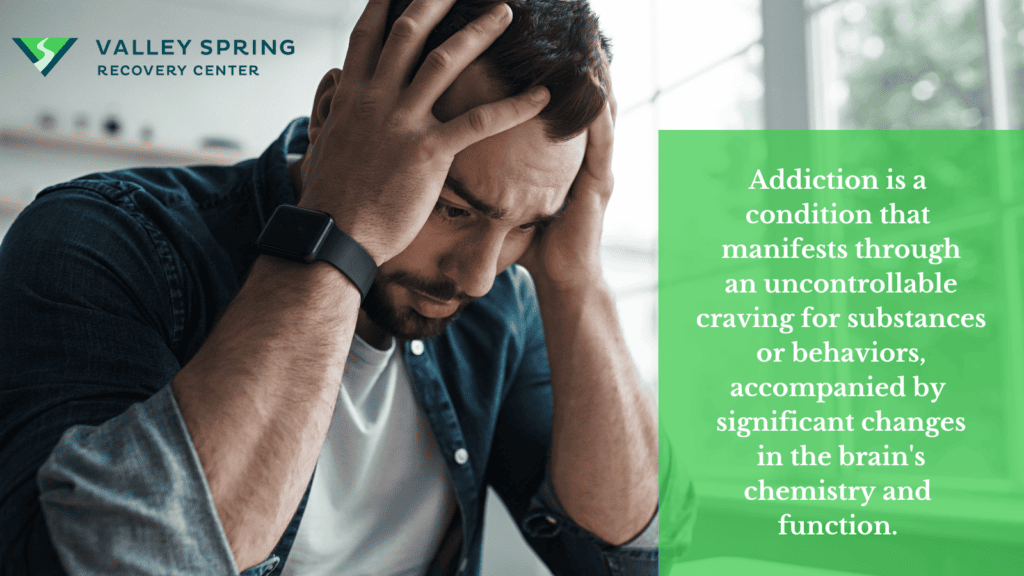
What Is Addiction and How Does It Affect Individuals?
Addiction is a condition that manifests through an uncontrollable craving for substances or behaviors, accompanied by significant changes in the brain’s chemistry and function. These alterations often lead to an inability to control usage, with addiction impacting various aspects of an individual’s life, including health, relationships, and societal contributions which lead to emotional instability.
According to SAMHSA and the US Department of Health and Human Services, in 2021 a national survey on drug use and health, 94% of people aged 12 or older with a substance use disorder did not receive any treatment. Nearly all people with a substance use disorder who did not get treatment at a specialty facility did not think they needed treatment. This underscores a profound disconnect between the prevalence of substance use disorders and the recognition of the need for professional intervention. This gap poses a substantial challenge to public health efforts aimed at addressing and treating addiction.
What are the emotional effects of addiction?
The emotional effects of addiction are profound and far-reaching, impacting not only the individuals struggling with substance abuse but also their families and social networks. These emotional consequences can vary widely among individuals, depending on factors such as the substance being abused, the duration of the addiction, personal history, and the presence of co-occurring mental health disorders. Here are some of the key emotional effects of addiction:
1. Increased Anxiety and Stress
Substance abuse can lead to heightened levels of anxiety and stress. Individuals may feel anxious about obtaining the substance, concealing their use, or dealing with the consequences of their addiction, including financial problems and relationship issues.
2. Depression
Addiction is closely linked with depression. The cycle of highs and lows associated with drug use and withdrawal can exacerbate feelings of sadness, hopelessness, and disinterest in previously enjoyable activities.
3. Mood Swings
The chemical imbalances caused by regular substance use can lead to unpredictable mood swings. Individuals may experience rapid shifts from euphoria to deep sadness or irritability without a clear external cause.
4. Low Self-Esteem and Shame
Many individuals battling addiction struggle with feelings of shame and low self-esteem, especially as the substance takes a central role in their lives at the expense of personal relationships, work, and self-care.
5. Isolation and Loneliness
As addiction progresses, individuals often withdraw from friends and family, either to hide their substance use or because of a perceived lack of understanding from others. This isolation can lead to profound feelings of loneliness and disconnection.
6. Anger and Irritability
Frustration with oneself, the addiction, and the perceived judgment from others can lead to increased irritability and anger, sometimes resulting in outbursts towards loved ones.
7. Guilt and Regret
Individuals may experience intense guilt and regret for actions taken while under the influence or for the impact their addiction has had on their loved ones and their own life goals.
8. Emotional Numbness
Long-term substance abuse can lead to a state of emotional numbness, where individuals feel detached from their emotions and the world around them. This can be a defense mechanism to cope with the negative emotions associated with addiction.
The Initial Emotional Appeal of Addictive Substances?
This emotional appeal is a critical aspect of addiction’s development. For many, the initial experiences with addictive stimuli serve as a coping mechanism, offering an illusion of control or relief from emotional distress. The substances or behaviors provide a temporary sanctuary from reality, creating a powerful emotional connection. This connection is strengthened by the brain’s rewiring, which associates these stimuli with positive emotional responses, even if they are short-lived and ultimately harmful.
As the individual continues to use the substance or engage in the behavior, tolerance builds, leading to increased consumption to achieve the same emotional effect. This escalation marks a transition from voluntary to compulsive use, solidifying the grip of addiction. Understanding this emotional trajectory is crucial in comprehending the full scope of addiction and the challenges faced in overcoming it.
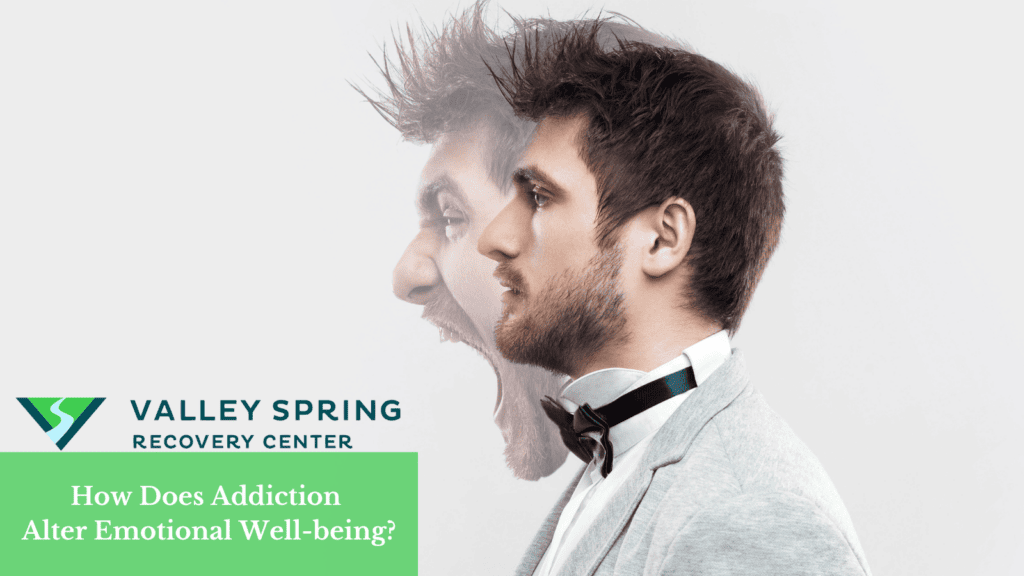
How Does Addiction Alter Emotional Well-being?
Addiction significantly impacts emotional well-being, leading individuals through a tumultuous roller coaster of emotions. This journey typically starts with the highs, the initial escape that addictive substances or behaviors provide. During these moments, individuals may feel a sense of heightened pleasure, relief, or even invincibility. However, these highs are fleeting and often followed by profound lows. As the effects of the substance or behavior wear off, the individual may experience negative emotions such as guilt, sadness, or emptiness.
This emotional volatility is further compounded by the physical and psychological effects of addiction. The brain is altered by prolonged substance use or behavior and leads to a decreased ability to experience pleasure from previously enjoyable activities. This shift can result in mood swings, irritability, and a pervasive sense of dissatisfaction, significantly affecting an individual’s overall emotional stability. The constant fluctuation between emotional highs and lows can become a defining aspect of a person’s life, impacting relationships, work, and overall quality of life.
Anxiety and Addiction:
Anxiety and addiction often exist in a mutually reinforcing cycle. For many, the use of substances or engagement in certain behaviors is initially a way to cope with anxiety. However, as addiction progresses, it can exacerbate anxiety symptoms, creating a vicious cycle. The temporary relief provided by the addictive behavior or substance soon gives way to increased anxiety levels, particularly as the effects wear off. This can lead to a dependency on the substance or behavior to manage these heightened anxiety symptoms, trapping the individual in a cycle of addiction.
The lifestyle associated with addiction, including worries about obtaining substances, legal issues, or relationship problems, can further aggravate anxiety. This heightened state of anxiety can then drive the individual to continue using or engaging in addictive behaviors as a flawed coping mechanism, perpetuating the cycle and making recovery more challenging.
What Is The Role of Depression in Addiction?
Depression plays a significant role in both the development and sustenance of addiction. Often, individuals turn to substances, like alcohol, or addictive behaviors as a means of self-medicating for depression. Addiction can also cause depression, as the addict continues to use, increased feelings of hopelessness, worthlessness, and a lack of interest in activities once found enjoyable are common symptoms. feelings of While these might offer temporary relief, over time, they typically worsen depressive symptoms. As the addiction progresses, the individual may experience increased feelings of hopelessness, worthlessness, and a lack of interest in activities once found enjoyable.
The relationship between depression and addiction is complex and bidirectional. Depression can lead to addiction, and addiction can lead to or worsen depression. This interplay creates a challenging cycle where each condition fuels the other. For those struggling with both depression and addiction, it becomes essential to treat both conditions simultaneously. Addressing only one aspect often leads to limited success in recovery, as untreated depression can be a trigger for relapse into addictive behaviors.
What Are the Long-Term Emotional Consequences of Drug Addiction?
The effects of drug addiction can have a profound and lasting impact on an individual’s self-esteem and self-worth. As addiction progresses, it often leads to a decline in personal achievements, disruptions in career and education, and neglect of personal responsibilities. These consequences can severely damage one’s sense of self-worth and efficacy.
The stigma associated with addiction can exacerbate feelings of low self-worth. Individuals may internalize societal judgments, leading to intense feelings of shame and a belief that they are flawed or inferior. This damaged self-perception can create a significant barrier to seeking help and can perpetuate the cycle of addiction, as individuals continue to use substances or engage in addictive behaviors as a way to cope with these negative feelings about themselves.
How Does Addiction Affect Relationships?
Addiction negatively affects relationships through the erosion of trust which naturally occurs over time when the addict prioritizes substances over the relationship. The addict prioritizes the use of substances over consequences such as losing relationships and trust from family and friends. The loss of relationships can also lead to long-term emotional consequences which are difficult to mend without full recovery and the addict taking responsibility for their actions. The behaviors associated with addiction, such as dishonesty, financial instability, and neglect of responsibilities, can strain or even sever relationships with family, friends, and partners. This erosion of trust and support can leave individuals feeling isolated and misunderstood.
Social life also suffers as addiction often becomes the central focus of the individual’s life, leading them to withdraw from social activities and lose interest in hobbies and engagements that do not involve their addictive behaviors. This social withdrawal can lead to a loss of support networks, exacerbating feelings of loneliness and disconnection, which can, in turn, fuel the addiction.
The Lingering Shadow of Guilt and Shame in Recovery
Even during recovery, individuals often struggle with emotions of guilt and shame related to their past actions and behaviors. These feelings can be particularly intense and enduring, as individuals reflect on the impact of their addiction on themselves and others.
Guilt and shame can serve as significant emotional obstacles in the recovery process. While guilt can sometimes motivate positive change, excessive guilt and shame can lead to feelings of hopelessness and unworthiness, which can hinder the healing process. Learning to forgive oneself and understanding the illness aspect of addiction is crucial in overcoming these negative emotions and moving forward in a healthy and positive manner.

Can Addiction Lead to Other Emotional Disorders?
The chemical imbalances caused by addiction can lead to alterations in brain function, affecting mood, behavior, and cognition. These changes can create a fertile ground for the development of mental health disorders, especially if there is a pre-existing vulnerability. Moreover, the stressors associated with addiction, including social isolation, financial troubles, and legal issues, can also contribute to the onset or worsening of mental health conditions. Here are some examples of common emotional disorders associated with prolonged substance abuse:
- Depression
- Persistent feelings of sadness, hopelessness, and loss of interest in activities.This goes hand and hand with substance abuse and the grip that it can have on individuals.
- Anxiety Disorders
- Includes generalized anxiety disorder, panic disorder, and social anxiety disorder. Substance Abuse can heighten feelings of anxiety.
- Bipolar Disorder
- Extreme mood swings ranging from manic highs to depressive lows. Substance use makes this condition very difficult to treat.
- Post-Traumatic Stress Disorder (PTSD)
- Occurs after experiencing or witnessing traumatic events; often linked with substance abuse.
- Obsessive-Compulsive Disorder (OCD)
- Characterized by unwanted repetitive thoughts and behaviors. Much like addiction, an individual is not able to function without repeating these often disruptive behaviors.
- Personality Disorders
- Such as borderline personality disorder, often marked by unstable moods and relationships. Drugs and alcohol can exacerbate this condition.
- Schizophrenia
- A severe disorder impacting thought processes and emotional responsiveness. Drugs and Alcohol directly affect the brain’s functionality and interfere with treatment.
- Attention-Deficit Hyperactivity Disorder (ADHD)
- Difficulties with attention, hyperactivity, and impulsiveness; can be worsened by substance abuse.
- Eating Disorders
- Conditions like anorexia, bulimia, or binge-eating disorder, sometimes linked with substance abuse.
- Chronic Stress and Emotional Dysregulation
- Difficulty in managing and regulating emotional responses, often leading to heightened stress levels.
How Does Recovery Transform Emotional Health?
Recovery from addiction is not just a journey back to physical health; it’s a transformative process that profoundly impacts emotional well-being. This path, often challenging and deeply personal, offers a chance for individuals to reclaim their emotional stability and rebuild a sense of self-worth and identity that addiction may have eroded.
- Rebuilding Self-Esteem and Confidence
- Recovery provides opportunities for personal achievements and overcoming challenges, which can significantly boost self-esteem and self-confidence.
- Learning Healthy Emotional Regulation
- Through cognitive behavioral therapy and support groups, individuals in recovery learn healthier ways to cope with emotions, replacing the need for substances with constructive emotional management strategies.
- Restoring Relationships and Social Skills
- Recovery often focuses on repairing damaged relationships and relearning how to engage socially without the crutch of substances, leading to improved interpersonal skills and social connections.
- Developing Resilience to Stress and Triggers
- The journey of recovery strengthens an individual’s ability to handle stress and triggers in a healthy way, reducing the likelihood of relapse and promoting long-term emotional stability.
- Fostering a Sense of Purpose and Direction
- Recovery can bring a renewed sense of purpose and direction in life, as individuals rediscover passions, set goals, and work towards a fulfilling future.
- Enhancing Self-Awareness and Mindfulness
- The process of recovery often involves deep self-reflection, leading to increased self-awareness and mindfulness, which are crucial for emotional health and relapse prevention.
- Cultivating Hope and Optimism
- Overcoming addiction fosters a sense of hope and optimism, as individuals realize their ability to enact positive change in their lives, despite past struggles.
Addiction does more than just harm the body; it profoundly impacts the mind, altering emotional well-being and disrupting lives.
How are the emotional effects of addiction different from the physical effects of addiction?
The emotional effects of addiction differ significantly from the physical effects, impacting mental health and behavior. Emotional consequences include anxiety, depression, mood swings, and decreased motivation, driven by the brain’s altered chemistry and reward system. These emotional changes can lead to strained relationships, social isolation, and a decreased ability to cope with stress. In contrast, the physical effects of addiction encompass a wide range of direct impacts on the body, such as organ damage (e.g., liver disease from alcohol abuse), changes in brain structure and function, withdrawal symptoms, and increased tolerance to the substance. Physical dependence results in the body requiring the drug to function normally, while withdrawal symptoms manifest when substance use is reduced or stopped. The distinction between the emotional and physical effects of addiction highlight the comprehensive nature of addiction’s impact, affecting both mental and physical health and necessitating a holistic approach to treatment and recovery.
Ben Fisher
All author postsShare This Post

